Due to existing US laws and regulations, the shipping of wine to the United States is generally not allowed. If, however, you have traveled to Santorini recently, we might be able to deliver it to you as we are allowed to ship wine to the US under certain conditions (i.e. specific states & quantity). Please email us at e-shop@santorini.net for more information.
Canava Roussos Santorini 2018
€ 25.00 incl. VAT
Currency conversions are provided for informational purposes only. Checkout is done in EURO.
Colour: White
Style: Dry
Grape Variety: 100% Assyrtiko
Wine region: Santorini
Vintage: 2018
Quality Classification: P.D.O. Santorini
Alcohol percentage: 13.5%vol
Closure: Cork
Unit Quantity: 750ml
Aging potential: Yes
Out of stock
Notify me when item is back in stock.

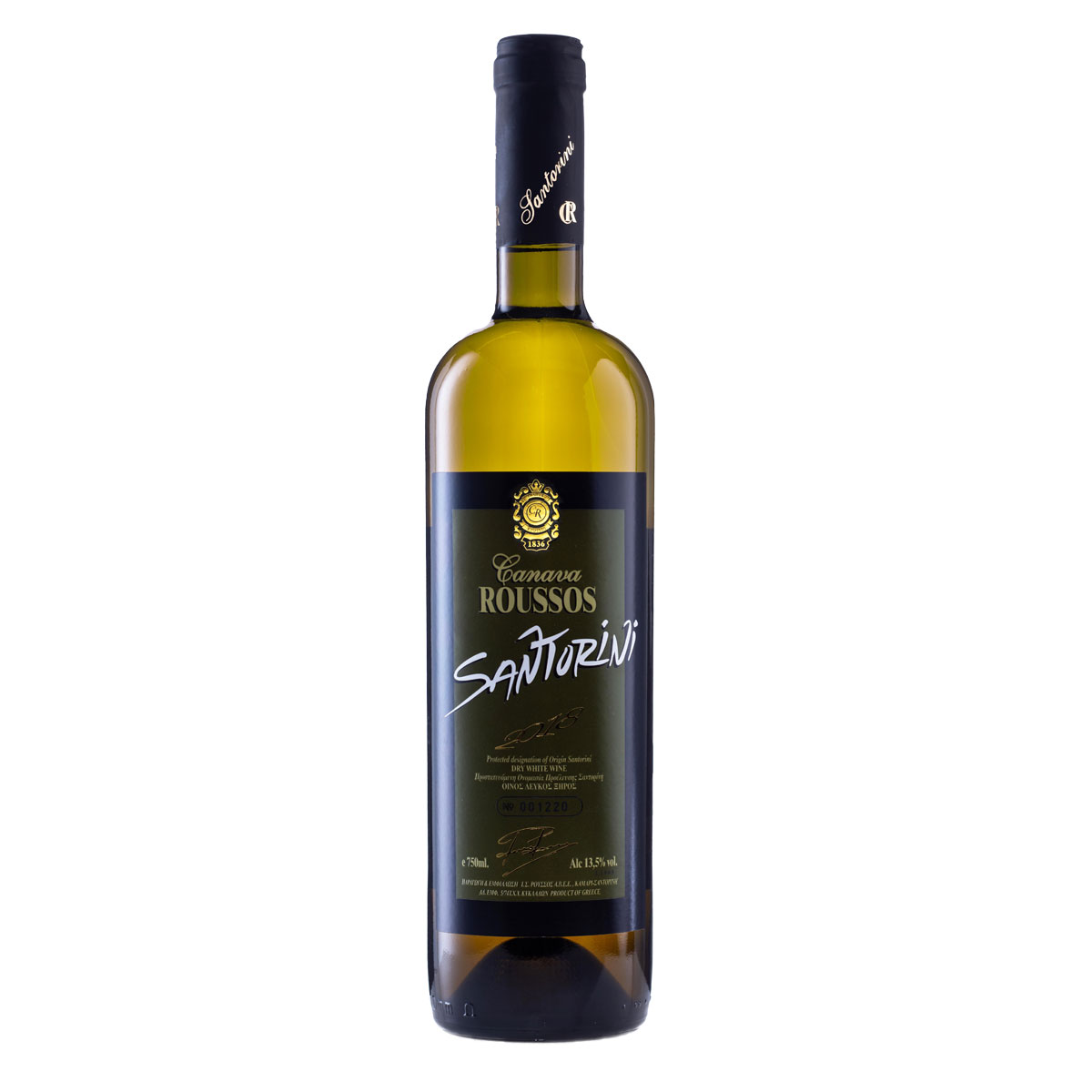
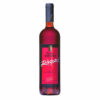
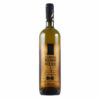
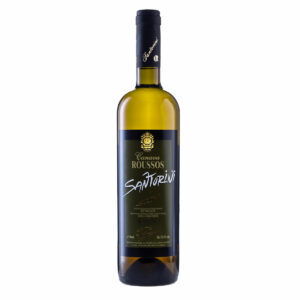
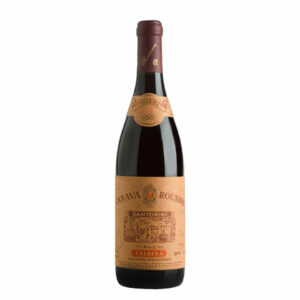
Reviews
There are no reviews yet.